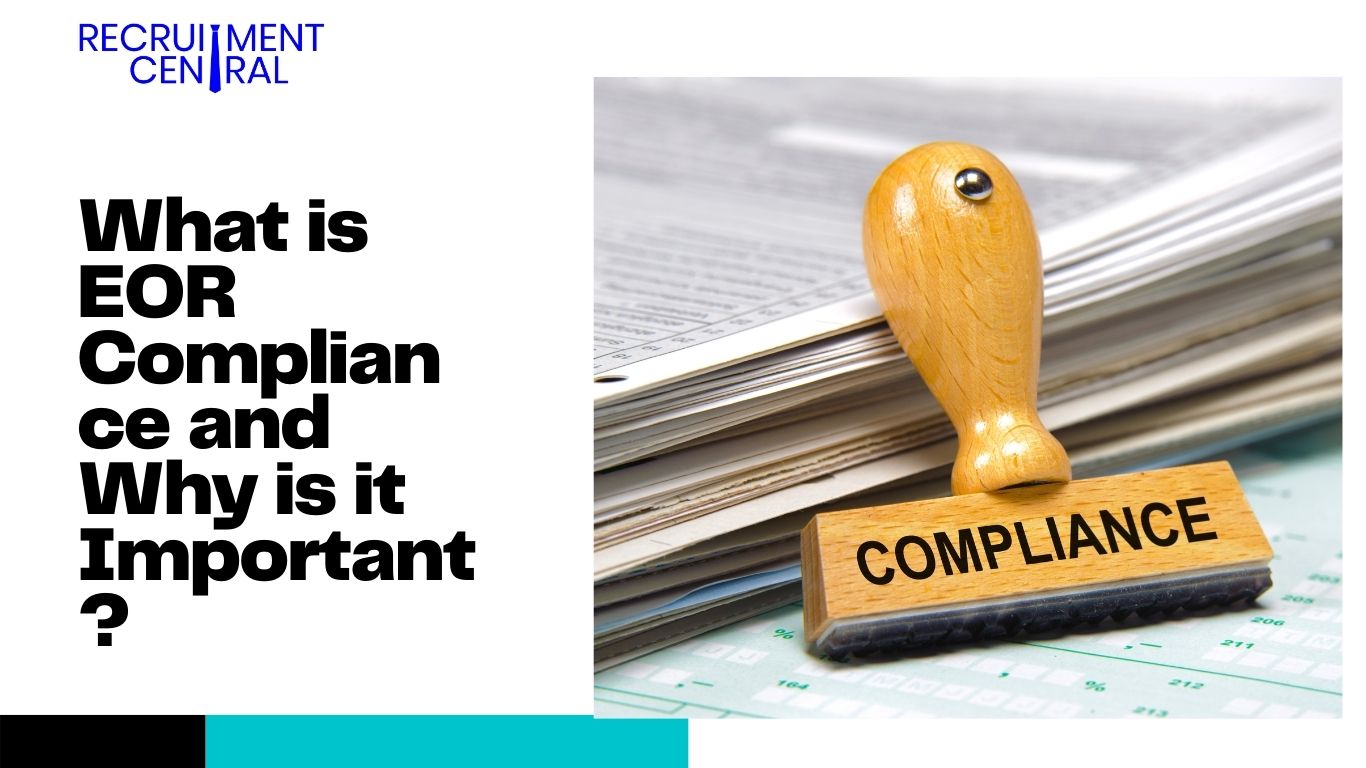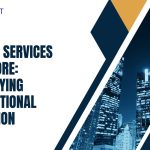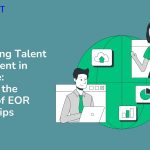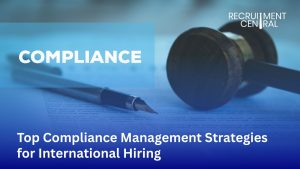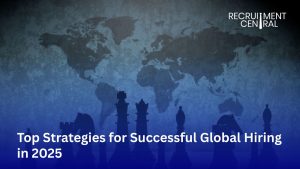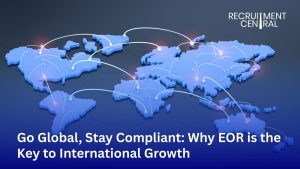The increasingly elaborate landscape faced by today’s companies forces them to stay aware of various employment regulations; this is even more crucial for those that operate in Singapore. Ensuring compliance with the EOR is one crucial matter that companies need to look into. What is EOR compliance? Why is it such an important thing for Singapore employers?
EOR Compliance: An Understanding
EOR compliance refers to the laws and stipulated policies that employers must consider or abide by when they employ either directly or indirectly through third-party service providers. Singaporean Ministry of Manpower (MoM) guides and enforces these regulations so that employers fulfill their obligations towards employees.
At the core of EOR compliance are the employee rights and fair labor practices. The various labor laws in Singapore set a long list of guideline clauses almost always including minimum wage remuneration, overtime pay, mandatory insurance, and leave entitlements, among others. Contravening any of such regulations could lead, among other things, to huge fines and lawsuits, as well as getting the company its employment pass privileges withdrawn.
Also Read : The Future of Work Permits in Singapore: What to Expect
The Consequences of Non-Compliance
For businesses in Singapore, compliance is not merely a statutory requirement, but rather a strategic alignment. Failure to correctly manage employee-related functions can lead one to severely damage the reputational standing of the concerned entity, operational disruptions, and losing valuable human resources.
Well, quite a handful of common challenges arise in Singapore when it comes to dealing with employment-related laws; each such challenge depends on the nationality and the residency status of the foreign worker. Employing foreigners, for instance,
- calls for more careful compliance with work pass regulations,
- employment contract terms,
- insurance coverage regulations,
and any other requirements by the Ministry of Manpower; otherwise, a breach of any of these dictates will attract compliance action against the offending party that may involve penalties and deprivation of that work pass.

EOR Compliance: Partnering with Recruitment Central
With a view to ensuring the seamless functioning of all EOR compliance requirements, nonprofit and general organizations in Singapore are very keen to seek the expertise of these specialist service providers that can range from Recruitment Central.
These fully-fledged EOR solution providers are involved in all administrative and entire legality of the execution of successful employments, permitting businesses to orient themselves in their core operations. Recruitment Central was recently awarded “Best Employer of Record” at the 2024 HR Vendor Awards Singapore, recognizing their expertise in EOR compliance solutions.
By taking advantage of the experiences and know-how of these EOR professionals, companies will be able to prevent any case of noncompliance from occurring and ensure that their workforce is managed in compliance with Singaporean labor law.
Also Read : Average Salary in Singapore 2025
EOR Compliance Solutions by Recruitment Central
Recruitment Central provides a range of EOR services, including payroll processing, benefits management, regulatory compliance, and training. Their in-house regulatory experts work diligently to ensure that their clients comply with even the most recent employment regulations, thereby protecting them from prospective legal onslaughts. Thus, not only will this preserve the company’s good name, but it also will ensure the confidence and talent retention of the clients.
To wrap up, EOR compliance is among the crucial aspects of business operations in Singapore. Adherence to labor rules is therefore something organizations, in collaboration with experienced consultants like Recruitment Central, have to consider. They should appreciate the nature of EOR compliance and therefore engage the services of the specialists to help them make sense of the complexities that are present in employment regulations, protect the welfare of their workforce, and, in the long run, drive growth and success for their business.


